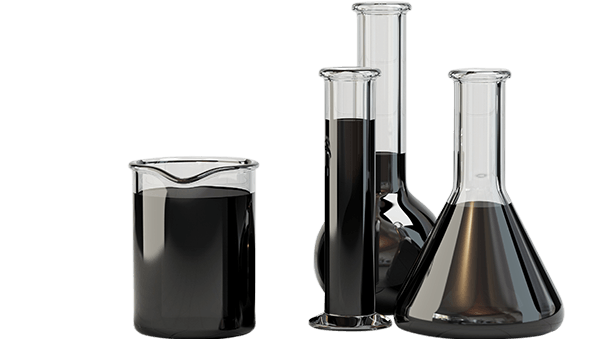Articles
Our Articles published on the Ezine Articles website
Oil Contamination:
Eliminate it and reduce your overall lubrication and maintenance expenditure
With today’s ever increasing operating costs and the escalating pressures we are placing on our environment it is becoming imperative that we change our outmoded lubrication practices.
You can extend the working life of lubrication oils by many fold, often indefinitely, by implementing a proper maintenance program for your oil. Oil is no different to any other part of machinery; service it and it will last longer. Maintaining your oil in a pristine condition will also benefit your machine life by reducing wear of the components.
There are three key steps in optimising the life of your lubricant:
- Implement an oil analysis program
- Identify the type and source of contamination affecting your oil condition
- Eliminate or reduce contamination caused through housekeeping functions
- Filter your oil as required to remove all types of contamination
Your first step in lubrication management is to implement a quality oil analysis program to determine the types and severity of contamination affecting your equipment. Once you are aware of what is contaminating your oil, you may then be able to identify the source of the contamination and eliminate or reduce it to manageable levels. Often a few changes or improvements in storage, dispensing and operations can make an enormous impact on contamination, particularly dust and water. It can be very worthwhile to have an expert consultant inspect and make an assessment of your site and operations to optimise your on-site systems and housekeeping functions.
The test results of the oil sample analysis will indicate whether the lubricant you are using is suitable for the application. If you want to extend your oil life indefinitely, make sure that you use a good quality oil which has proven to be suitable for the application
You can forget about changing out the oil on a pre-determined schedule; instead take an oil sample at the appointed time and the analysis report will inform you as to whether the oil is suitable for continued use. If the oil is contaminated and not suitable for use, filtration can be recommended.
There are many things to consider when choosing an oil purification system to best suit your requirements. If your goal is to reduce your lubrication/ maintenance spend, the most economical style of filtration is the oil centrifuge/vacuum dehydration system. The centrifuge has been around for years, is well proven and extremely efficient, and doesn’t require any replacement elements; just remove the contamination which collects in the bowl, re-assemble and continue using. Vacuum degasses the oil and will remove all 3 forms of water contamination to the lowest levels achievable.
Oil centrifuge/ vacuum dehydration filtration systems:
- Can operate on a dialysis basis while your machinery remains in operation
- Clean diesel and all grades of oil from hydraulic to heavy gear oils at full flow rates
- Remove particles to sub-micron sizes
- Remove all types of water (free, emulsified & homogenised)
- Clean systems to cleaner levels than oil change
- Fully portable
If you are interested in learning more about how you can save on your lubrication and maintenance expenditure while increasing the life and reliability of your equipment and reducing your impact on the environment send us a message. Contact Us
![]() Download this Article as a PDF (PDF format, file size: 753kb)
Download this Article as a PDF (PDF format, file size: 753kb)

